
- Article
- Article
Surviving grief when discussing death is off limits
When Iqra Choudhry’s dad died, she lost her words. Here she explains how finding a way to talk and write about loss has been essential for surviving it.
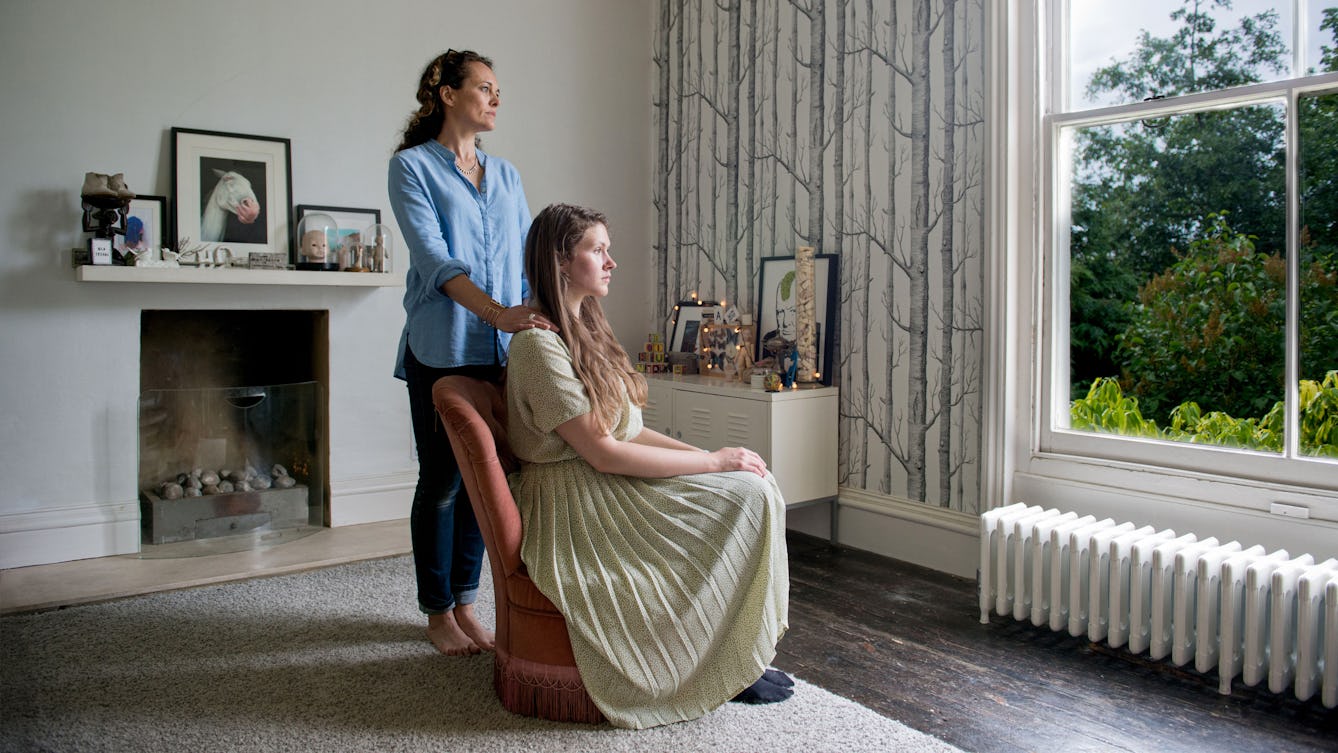
- Photo story
- Photo story
A portrait of me with my mother
A series of portraits with stand-in mothers helped Camilla Greenwell to process her grief, and then to question whether our photograph albums are ever really honest.

- Article
- Article
Rose Mackenberg’s deceptive activism
Discover how a New York private investigator became part of Houdini’s mission to expose the fraudulent mediums making money from their vulnerable, grieving clients.
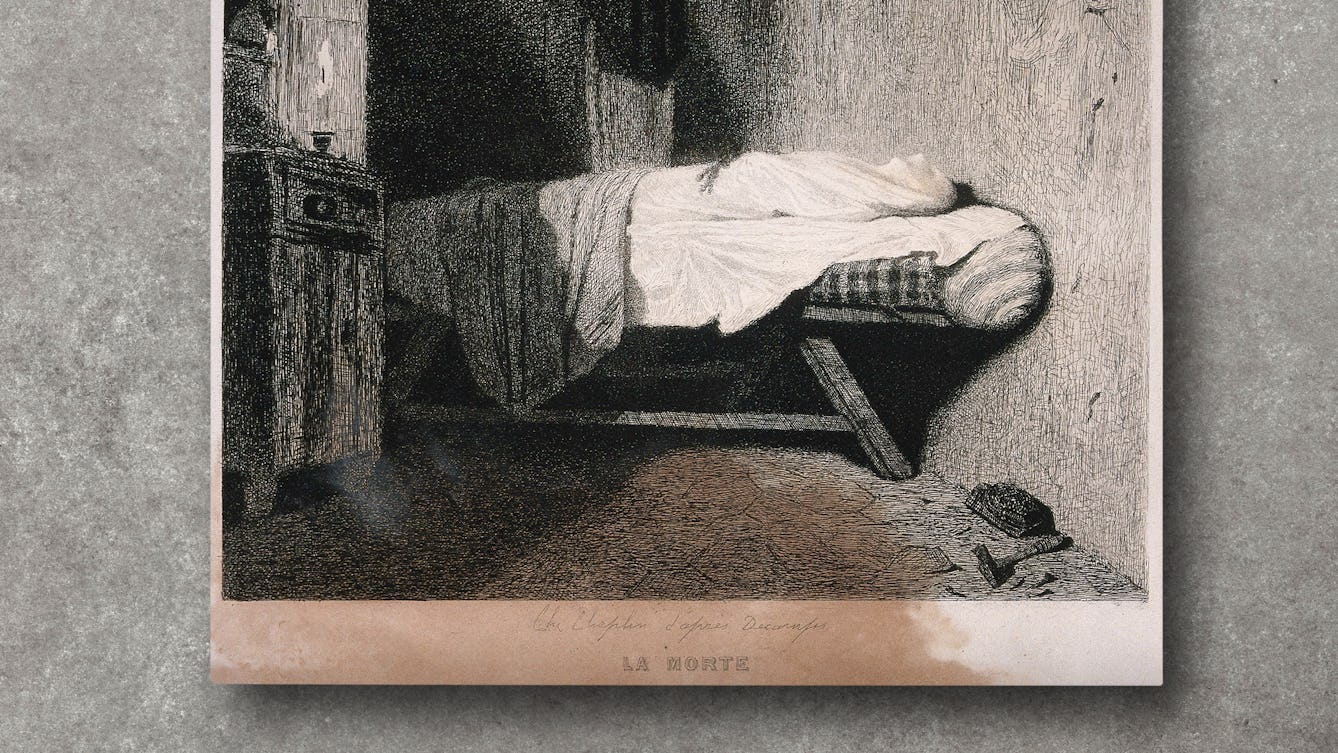
- Article
- Article
Why we no longer keep our dead at home
Today in the UK we rarely sit with, touch, or perhaps even see our loved ones after they’ve died. Past practices were very different and, Claire Cock-Starkey argues, were more helpful for those grieving.
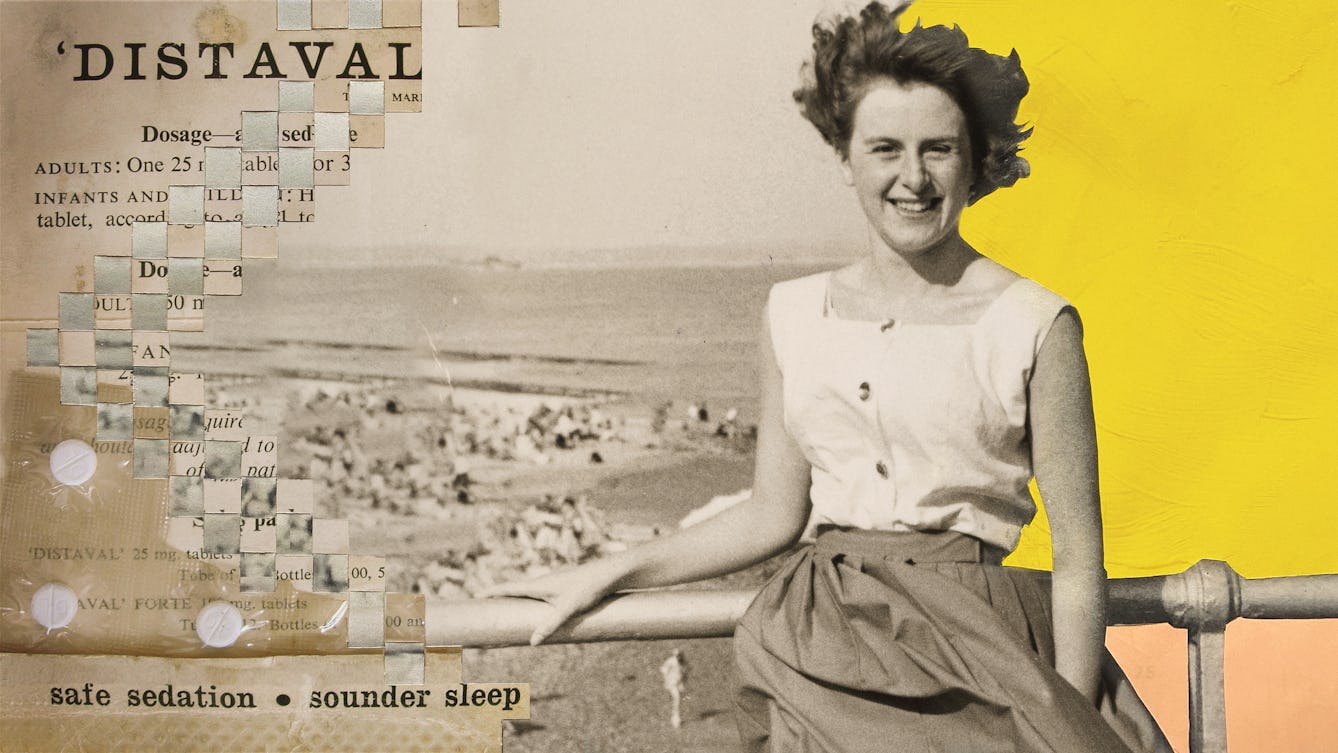
- Article
- Article
Thalidomide, a bitter pill
Hear from some of the women who took the drug thalidomide over sixty years ago about the fear, isolation and grief that they experienced as the appalling pharmaceutical scandal unfolded around them.

- Article
- Article
A flat-packed forest
The regular ritual of creating seasonally changing mini-forests for her indoor cats brought Abi Palmer a focus for reflection while the cats explored.

- Article
- Article
How we bury our children
Following her baby daughter’s funeral, Wendy Pratt found that visiting the grave gave her a way to carry out physical acts of caring for her child. Here she considers how parents’ nurturing instincts live on after a child’s death.

- Article
- Article
Why the 1918 Spanish flu defied both memory and imagination
The Black Death, AIDS and Ebola outbreaks are part of our collective cultural memory, but the Spanish flu outbreak has not been.
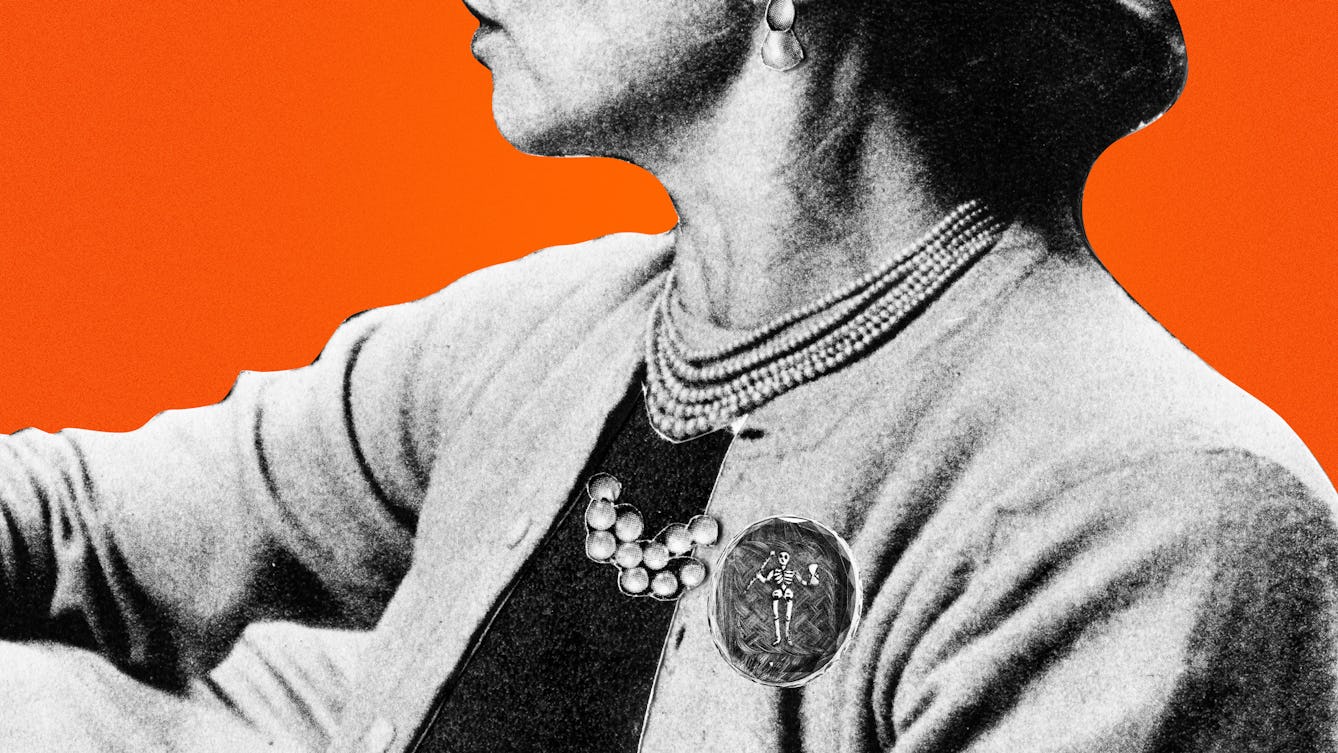
- Article
- Article
Keeping death close
Scattering her father’s ashes, Lauren Entwistle found herself longing for something physical that proved he once was a living, breathing person. Here she reflects on the objects that help us to grieve and remember.

- Article
- Article
Living in limbo when a loved one is missing
When someone goes missing, loved ones are thrown into a state akin to constant grieving; waiting for news, living in hope. Novelist Bev Thomas describes how they try to cope and carry on.
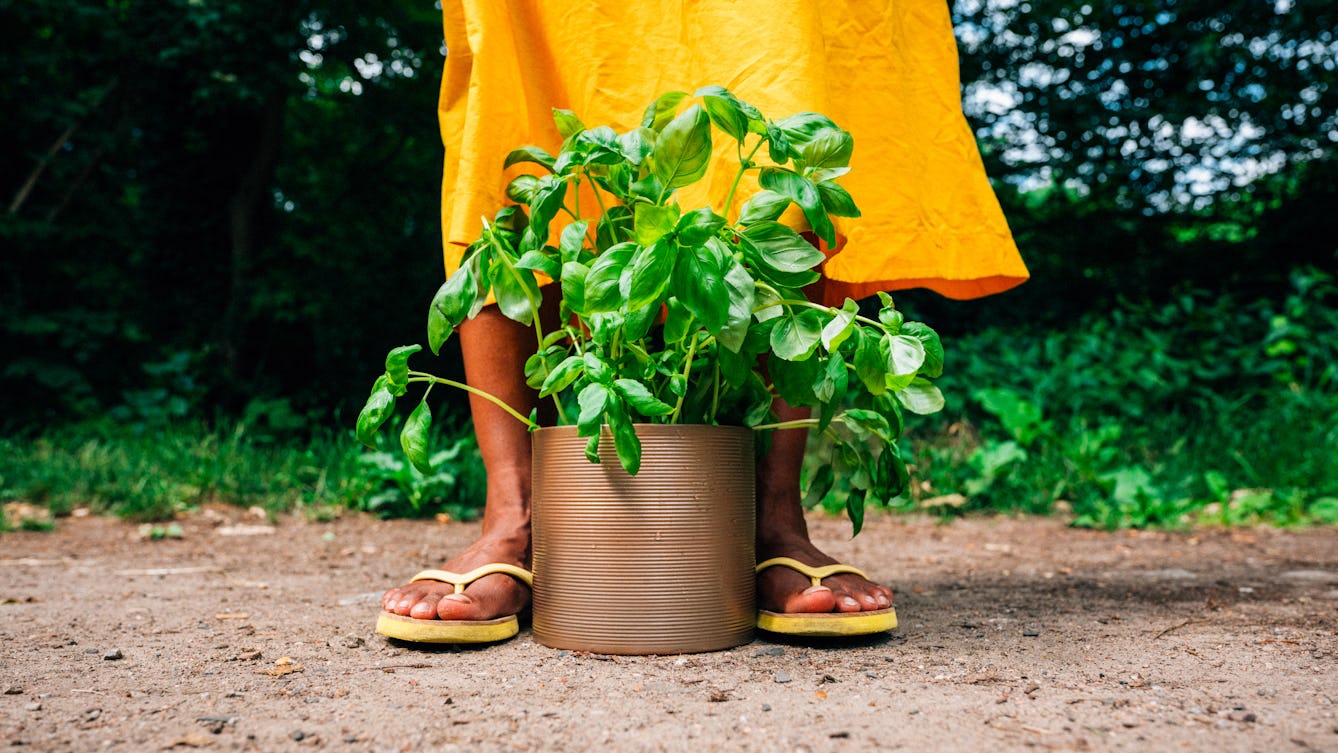
- Article
- Article
A graveyard of plants for the people I love
Searching for her own ceremony to acknowledge the passing of her grandmother, Jennifer Neal turned to plants. The ritual she created was personal and loving, and celebrated life as well as acknowledging loss.
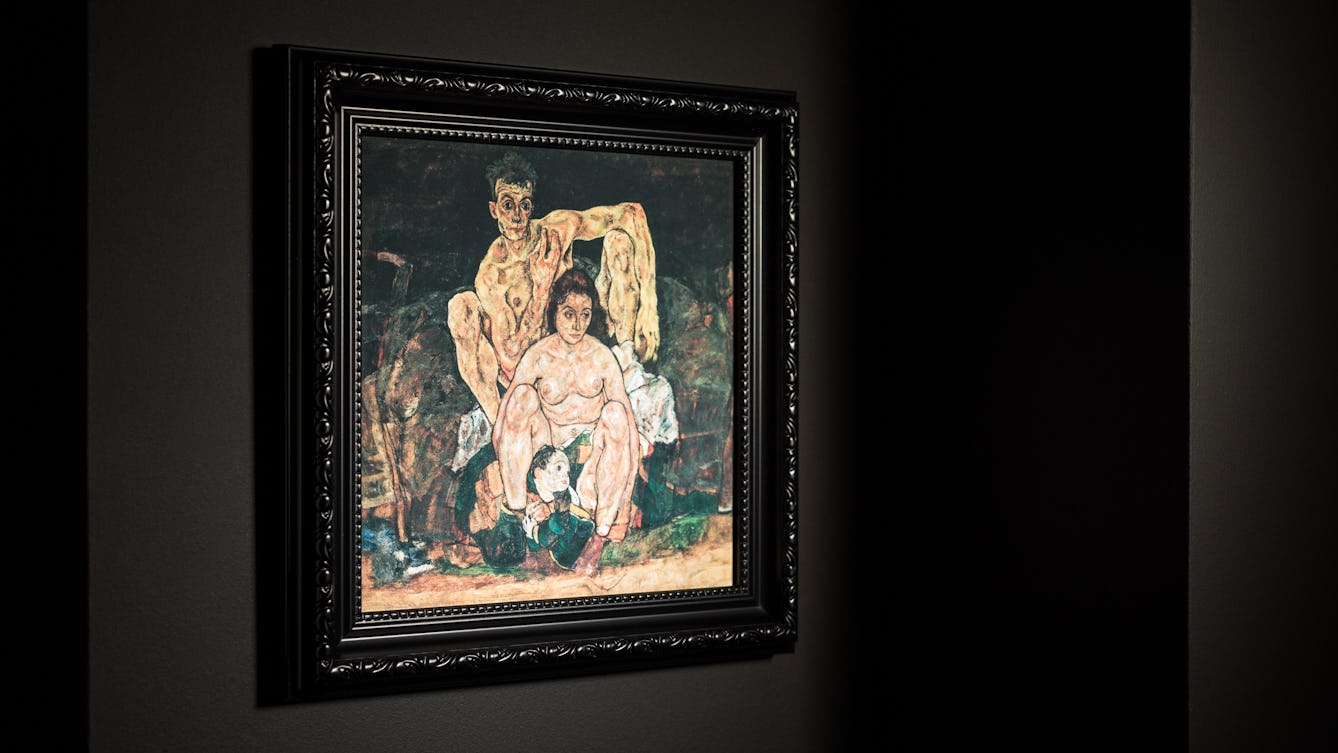
- Article
- Article
Spanish flu and the depiction of disease
The Spanish flu pandemic of 1918 killed many millions more than World War I did. Find out why contemporary artistic depictions of its devastating impact are so rare.
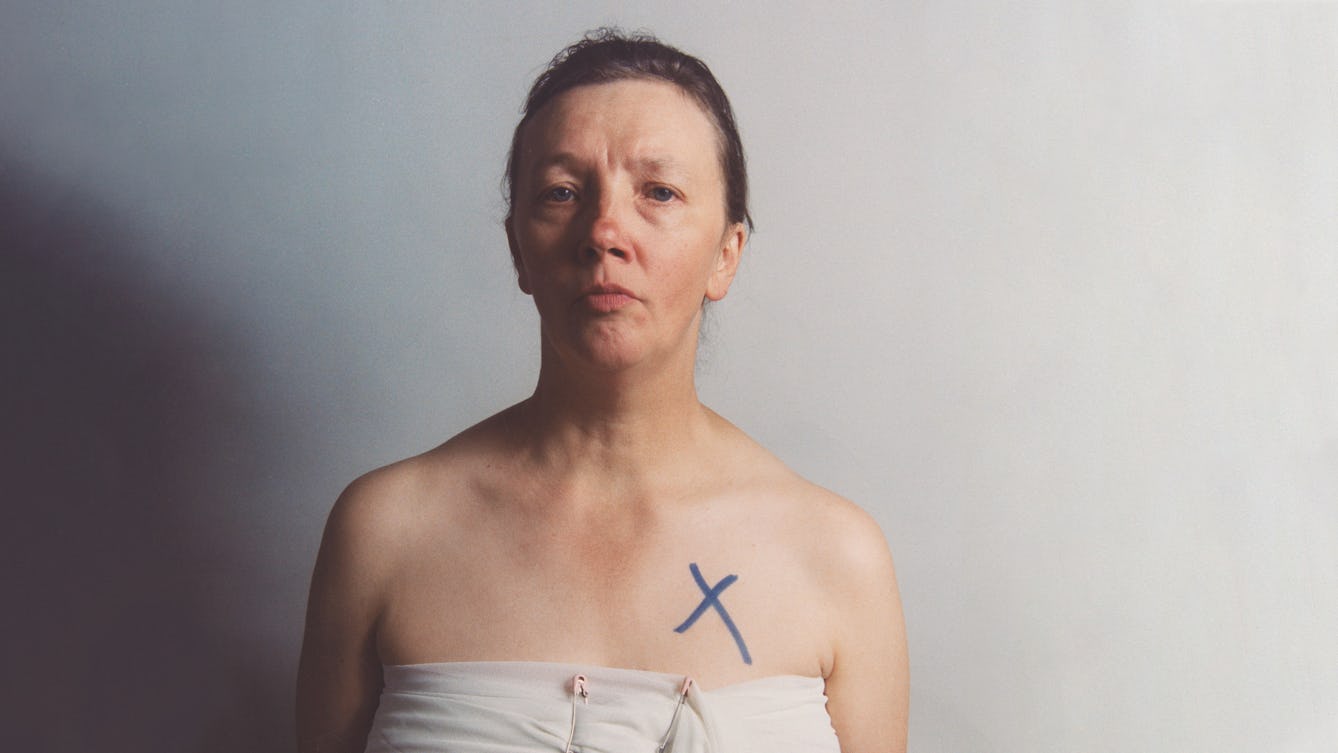
- Article
- Article
Pain, politics and the power of photography
Art historian Giulia Smith explains what she most admires in the work of Jo Spence and Oreet Ashery, and how their approach makes illness political.

- Podcast
- Podcast
Resolve
Bidisha chats to her guests about their personal experiences of resolve, and considers its complicated relationship to happiness.

- Article
- Article
Shakespeare’s cholerics were the real drama queens
In Shakespeare’s times, people’s personalities were categorised by four temperaments. The choleric temperament was hot-tempered and active.

- Article
- Article
Surviving a flesh-eating disease
Nearly dying from a skin infection gave Scott Neill a chance to start again after an early life marked by grief and depression.

- In pictures
- In pictures
Pum Dunbar’s living lessons
Read the ‘legends’ that give insight into Pum Dunbar’s creative process while producing her recent series of collages.

- Book extract
- Book extract
Dangers inside and out
Eimear McBride reflects on the deadly consequences of misogyny in the wake of the murder of Sarah Everard and argues why advising women to simply “stay indoors” is wrong.

- Article
- Article
Lustmord and the three perspectives of murder
Artist Jenny Holzer's work shines a light on the three perspectives of sexual murder: the victim, the perpetrator and the observer.

- Article
- Article
On nature cures and taking the waters
When chilly outdoor swims began to chip away at her depression, Jessica J Lee was drawn to a closer study of the complex natural world around her.
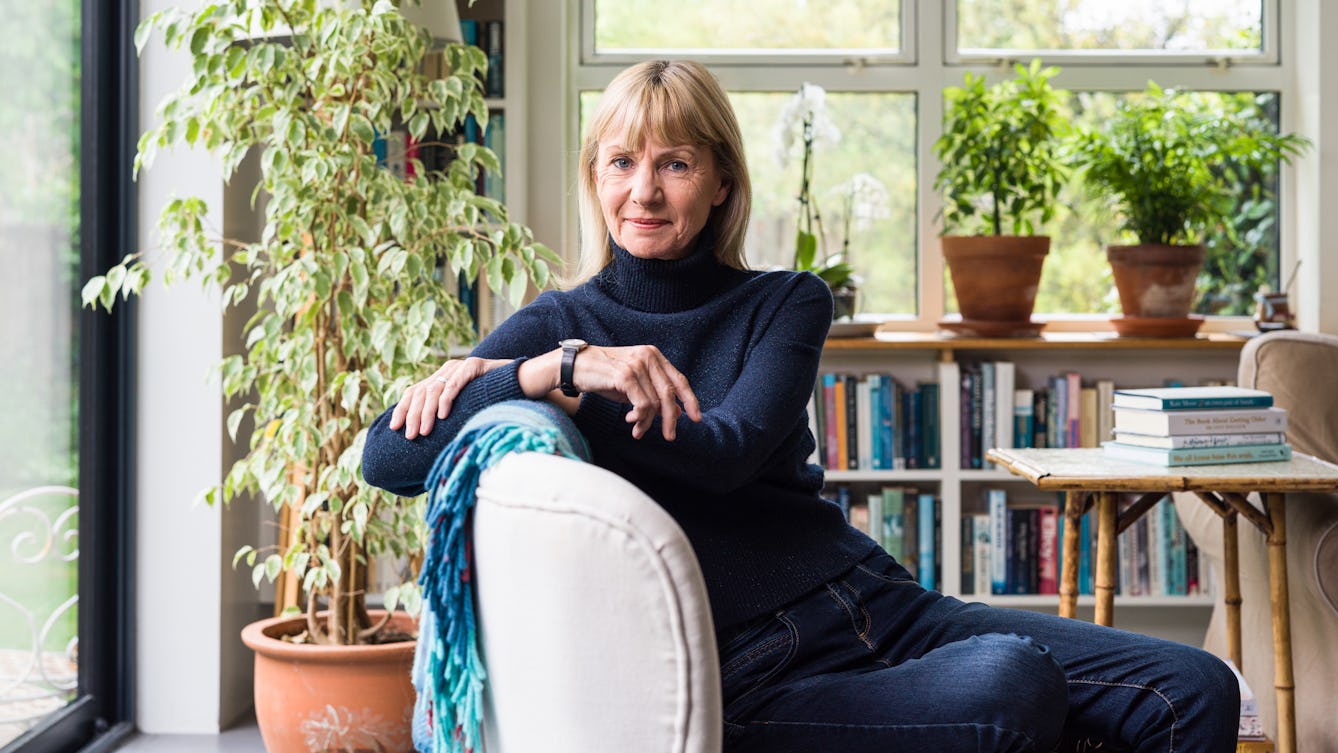
- Book extract
- Book extract
The give and take of caring
Kate Mosse argues that how we define ‘care’ matters, and explores the reciprocity of caring and being cared for.

- Article
- Article
The intermediate life of spirits
Courttia Newland explores the events and his feelings surrounding the death of his mother-in-law, Tara Chauhan.
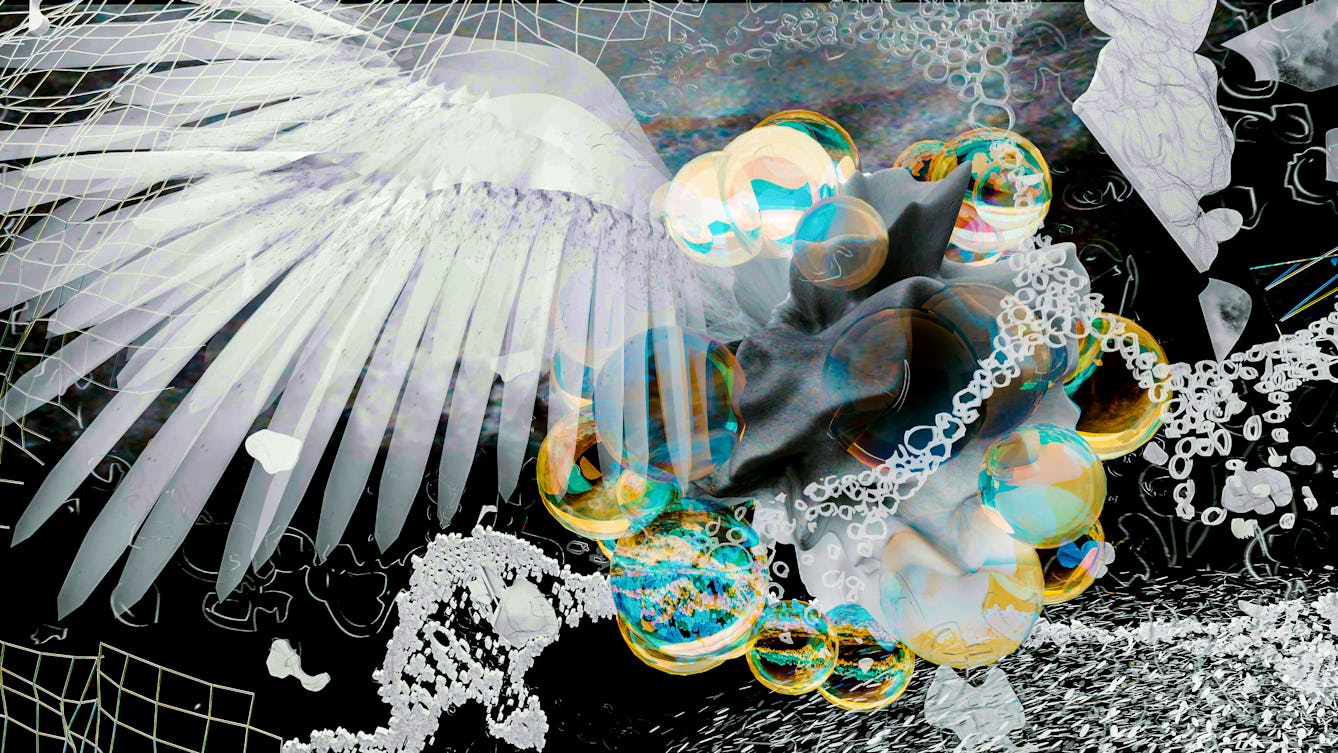
- Article
- Article
Air of threat
Novelist Chloe Aridjis vividly describes the suffocating atmosphere of Mexico City, as a combination of topography, crowded neighbourhoods, and reckless political diktats create a downward spiral.
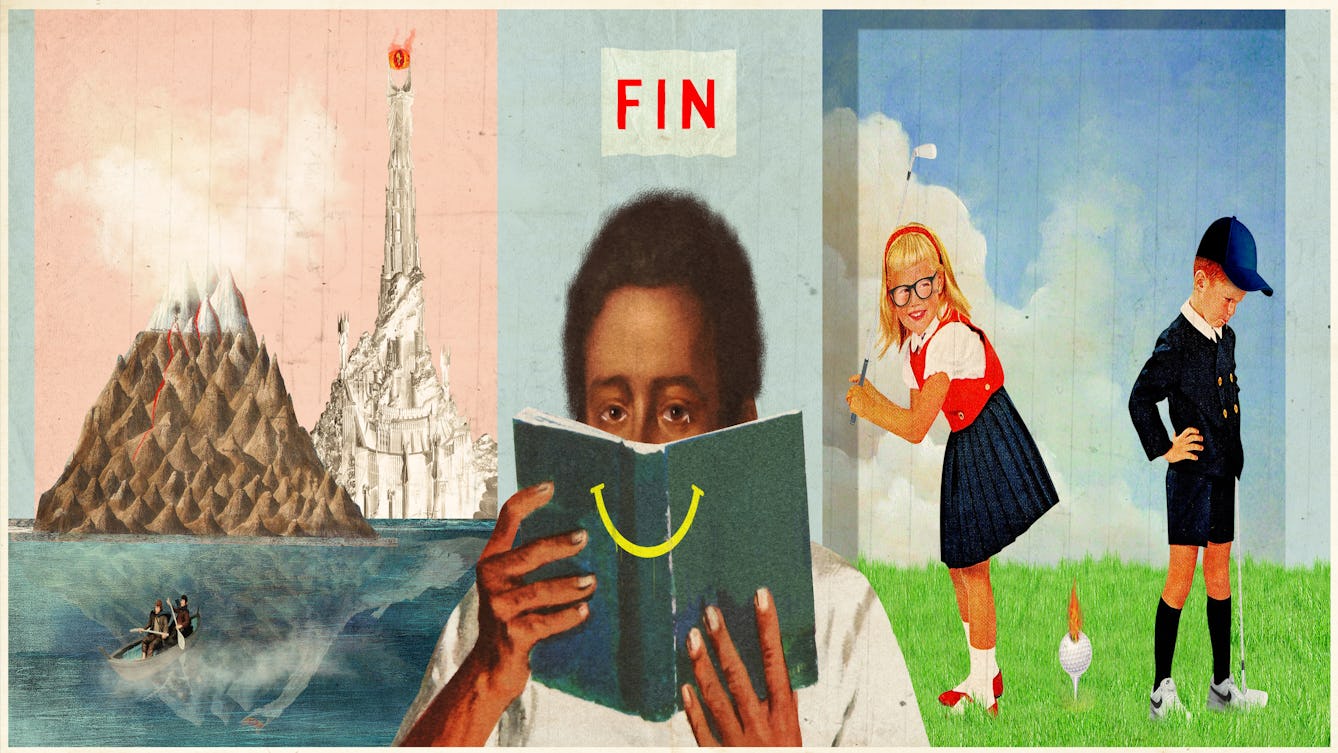
- Article
- Article
What happy endings teach us in childhood
Kate Wilkinson explores why, in quest fiction, good must triumph over evil, and what that means both for childhood dreams and adult realities.

- Article
- Article
The hidden history of homesickness
Gail Tolley delves into the history of homesickness and discovers that its rich past holds a clue to how we view the experience today.